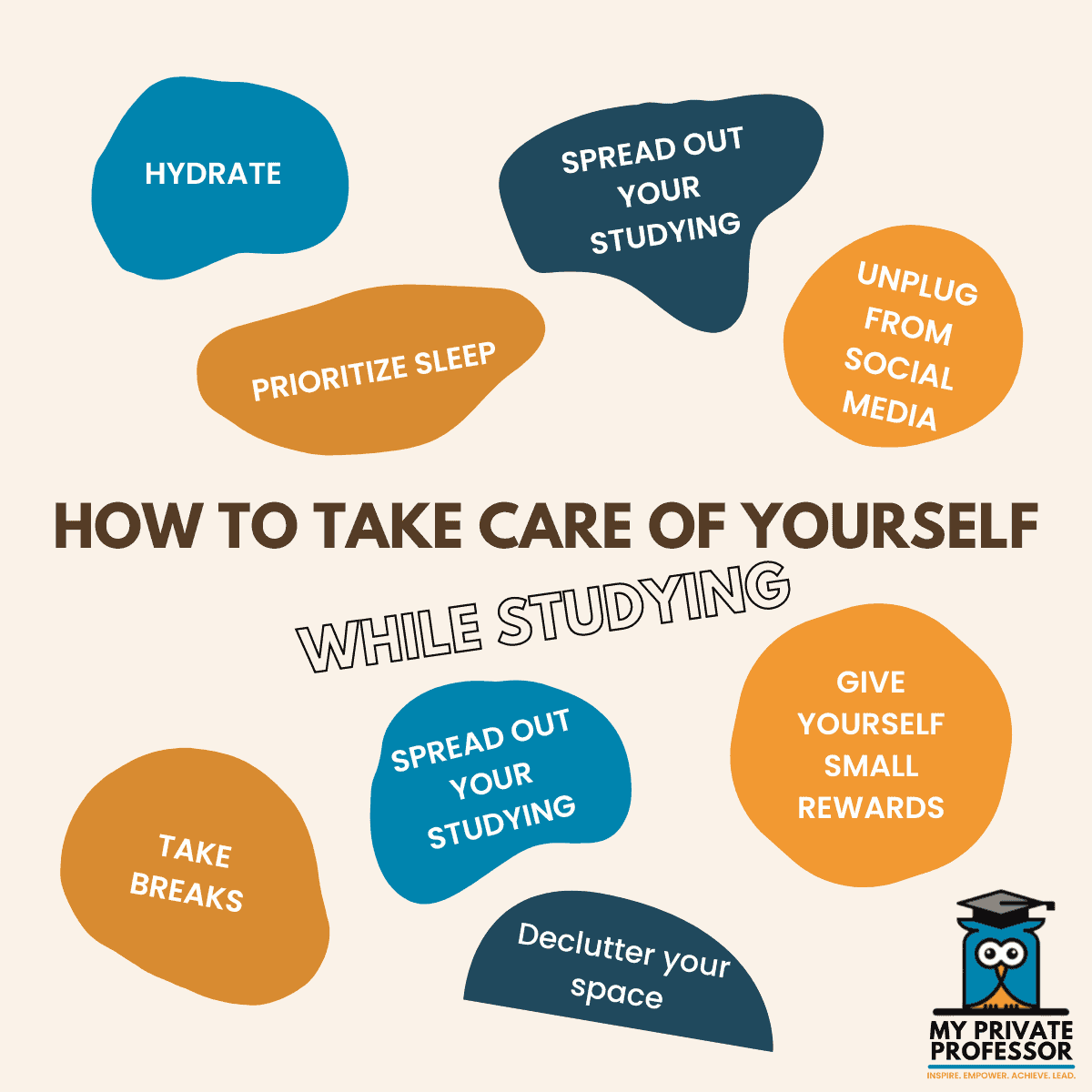AZG News Hub
Your go-to source for the latest news and informative articles.
Study Like a Pro Without Losing Your Mind
Unlock your study potential with proven techniques to ace exams while keeping your sanity intact! Discover the secret to studying like a pro!
Maximize Your Study Efficiency: Proven Techniques for Success
In today's fast-paced world, maximizing your study efficiency is essential for academic success. To achieve this, consider implementing proven techniques that have helped countless students improve their focus and retention. One effective strategy is the Pomodoro Technique, which involves studying intensely for 25 minutes followed by a 5-minute break. This method not only enhances concentration but also helps to combat burnout by allowing your mind to rest. Additionally, creating a dedicated study environment, free from distractions, can significantly boost your productivity.
Another powerful way to maximize your study efficiency is by utilizing active learning methods. These include summarizing information in your own words, teaching concepts to peers, or using flashcards for self-testing. Research shows that these techniques deepen understanding and enhance memory retention. Furthermore, consider using digital tools and apps designed for organization and time management. Incorporating a structured study schedule can help ensure that you cover all necessary materials efficiently while keeping stress levels in check.

The Ultimate Guide to Stress-Free Study Habits
Studying can often feel overwhelming, but implementing stress-free study habits can transform your learning experience into a more enjoyable and productive endeavor. Start by creating a dedicated study space that is free of distractions, ensuring that you have all the necessary supplies within reach. Crafting a study schedule is also essential; try breaking your study sessions into manageable blocks of time using techniques like the Pomodoro Technique, which encourages short breaks to maintain focus and energy. By integrating these simple strategies, you can alleviate the anxiety that often accompanies studying.
Incorporating mindfulness practices into your study routine can be a game-changer. Before diving into your study materials, take a moment to engage in deep breathing exercises to calm your mind. Additionally, to reinforce stress-free study habits, consider keeping a journal to reflect on what you've learned, set goals for each study session, and evaluate your progress. This method not only helps in retaining information but also encourages a sense of accomplishment, further reducing stress as you track your improvements.
How to Maintain Focus and Motivation While Studying
Maintaining focus and motivation while studying can be a challenging task, but with the right strategies, it becomes manageable. Start by creating a dedicated study environment that is free from distractions. This means finding a quiet space, turning off notifications on your devices, and keeping any unrelated materials out of sight. Additionally, set clear goals for each study session. For instance, you can use the SMART criteria to establish Specific, Measurable, Achievable, Relevant, and Time-bound goals. This not only directs your attention but also gives you a sense of accomplishment as you check off each task.
Another effective method to boost focus and motivation is to implement the Pomodoro Technique. This technique involves studying for a set amount of time, typically 25 minutes, followed by a short break of 5 minutes. After completing four Pomodoros, take a longer break of 15-30 minutes. These structured intervals help prevent burnout and keep your mind fresh. Furthermore, don’t forget to reward yourself after accomplishing significant milestones, as this positive reinforcement can enhance your studying experience.